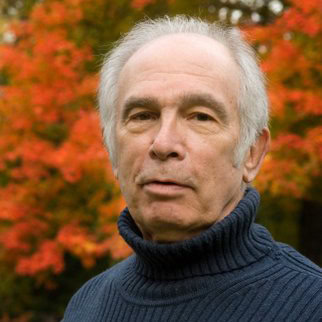To the Editor:
James Grossman’s announcement that the National History Center is to be absorbed into the American Historical Association (“The National History Center and the AHA,” October 2022) is a discouraging turn of events to everyone who nurtured and supported the Center, despite the credible reasons he cites for the action. Originally an AHA “initiative,” the Center was an addition to the existing strengths of the discipline as well as a supplement to those of the AHA, and the Center’s original purposes remain sound. They constitute examples of what the AHA can still achieve—if it puts itself to trying to do so.
The Center had three aims: to provide for sustained historical inquiry, to expand the application of historical knowledge to public affairs, and to strengthen the place of history in the nation’s schools and colleges.
In regard to inquiry, its summer institute on decolonization was an extraordinary success in helping define, strengthen, and advance a young field of inquiry. It set an example that the AHA would be foolish not to try to repeat.
In relation to the application of historical knowledge to public affairs, the Center had its most visible success with its congressional briefings. With the aim of introducing the world to relevant historical knowledge, the Center also co-founded and hosted the hugely successful weekly Washington History Seminar, a presentation to the larger public of some of the most recent developments in historical thinking. The Center should have ventured into offering workshop training to historians in writing and framing historical knowledge in both traditional and new media. That ought to be tried at future AHA annual meetings. Moreover, the Center never solved the challenge of linking journalists with academic scholars and other expert practitioners of our craft. That, too, should be pursued.
Finally, as to strengthening history teaching: Here, what little the Center did undertake points beyond what the AHA has already accomplished through the Tuning the History Discipline initiative. One of the Center’s earliest achievements was to convene a gathering of the many organizations whose missions relate to precollegiate history teaching. The meeting’s purpose was to discuss cooperation among the organizations represented and was the first such collective gathering of its kind that anyone could recall. Astonishingly (as well as troublingly), at least half its participants had never met one another. Given the then-infant Center’s proven capacity to convene the principal figures in one sector of history’s many fields of endeavor, shouldn’t doing so in other sectors become a general effort of the AHA? In fact, why can’t the AHA function as the convener of all history-related organizations to discuss and try to address, much as the American Council of Learned Societies does, the challenges that the discipline of history faces? To do so as well as all else originally envisaged by the Center would be a fitting tribute to the potentialities that it possessed.
This work is licensed under a Creative Commons Attribution-NonCommercial-NoDerivatives 4.0 International License. Attribution must provide author name, article title, Perspectives on History, date of publication, and a link to this page. This license applies only to the article, not to text or images used here by permission.
